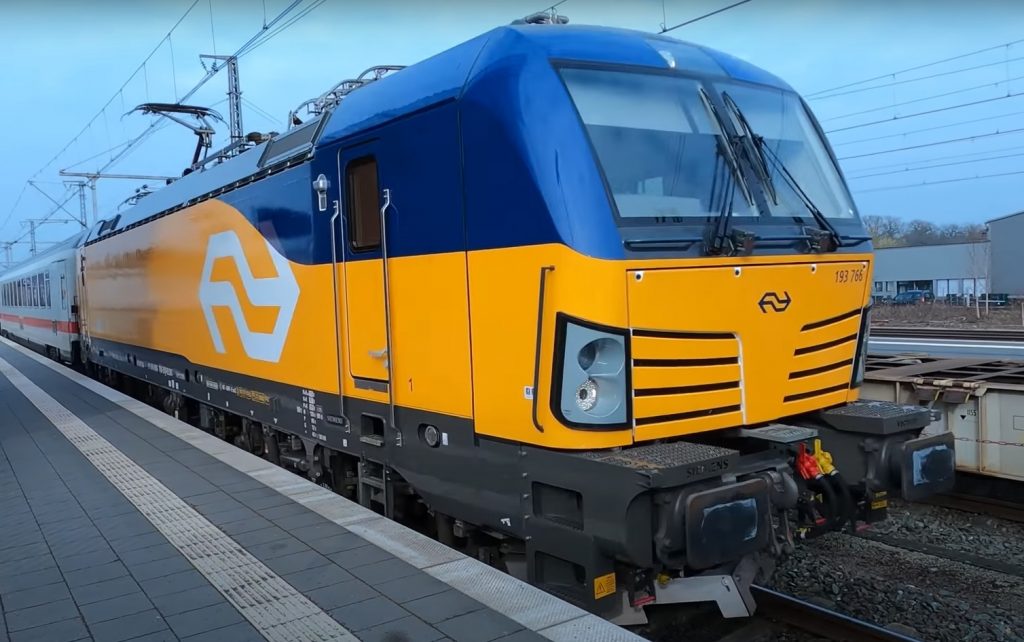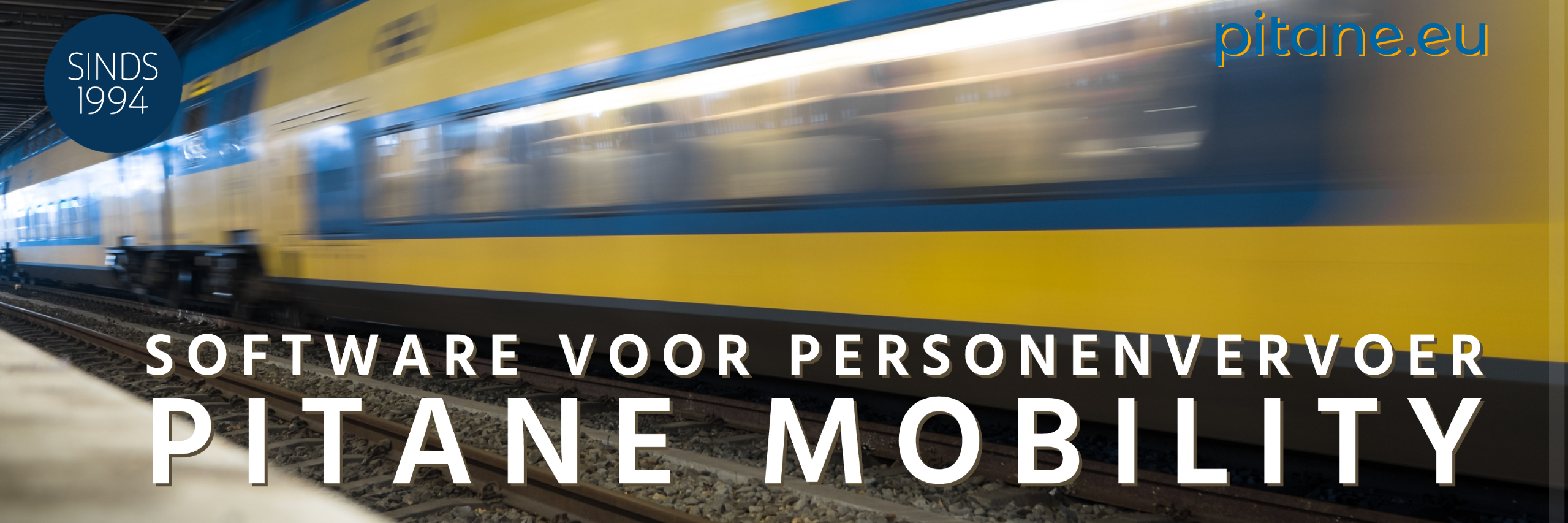For the second time in a short time, the FMN loses a lawsuit on the same matter.
The group of private rail operators, united in the Federation of Mobility Companies in the Netherlands (FMN) – which includes Arriva, Transdev and Keolis – again received no response in a lawsuit against the State of the Netherlands. The regional rail operators – but also a number of rail companies operating abroad – find it unacceptable that the Ministry of Infrastructure and Water Management awarded a private contract to the Dutch Railways (NS) in 2020 for the main rail network for the period 2025-2033. According to the carriers, this award would be in conflict with European rules on the liberalization of the rail network, according to the reporting of the digital Magazine Passenger Transport.
For the second time in a short time, the FMN loses a lawsuit on the same matter. In December, the private rail operators also lost summary proceedings against the State. In the proceedings on the merits they had initiated, they again lost the short straw today. The carriers claim that the concession for the main rail network (HRN) is good for a turnover of at least €20 billion. The NS concession for the main rail network, which houses the intercity trains and a large number of local trains, will expire at the end of 2024. NS pays the State €200 million annually for operating this concession.

The judge's decision is extremely disappointing for the FMN. The court refers the group to the specialized administrative court designated by the legislator, the Trade and Industry Appeals Tribunal (CBb). There they can only try to get their story after "a final concession has been granted".
If the court were to rule now, there is a risk that after the final concession has been granted, two cases will be pending on this matter: one case before the CBb and one before the civil court. In addition, according to the court, "there is a danger of conflicting judgments and of uncertainty about which judgment is decisive."
In response to the court ruling, the FMN argues that the European Commission should go to the Court of Justice of the EU for clarification of European legislation and regulations. That court can provide clarity about the extent to which the Dutch State violates European legislation and regulations by privately awarding the main rail network concession to NS. Dutch judges have not yet asked for such an explanation, says the FMN. By referring the case to the CBb, a ruling is only possible once the State has actually granted the concession to NS.


